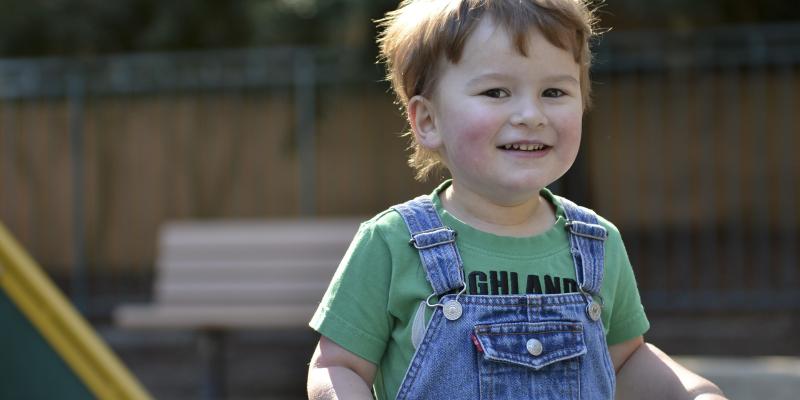Difficulties in relationships, a tendency towards special interests, and dislike of change - these are possible symptoms of Asperger syndrome, often defined as more mild form of autism spectrum disorder. Individuals suffering from Asperger syndrome are usually characterised by a high level of intelligence and highly-developed language competences.
During an interview with e-zdrowie portal, Kornelia Cecerska, a therapist at the Synapsis Foundation, explained what Asperger syndrome is, how to diagnose it, and what therapeutic methods are possible.
Juvenile philosophers
“Asperger syndrome is a disorder in the autism spectrum. In this particular case, the disorders relate to communication skills, social relations, and behaviour. These are the three areas which we analyse when attempting to diagnose Asperger syndrome. These difficulties might occur with different intensities" Ms Cecerska says.
The difficulties with understanding non-verbal communication might be an example of relationship disorder.
“These individuals often do not establish eye contact and do not treat the face as a source of information, so they miss a lot of information. They do not understand such things as irony, sarcasm, and metaphors. Any sayings like “you have your father's eyes" can be understood literally, and even induce fear" Ms Cecerska says.
The therapist points out that individuals suffering from Asperger syndrome usually have well-developed language and they use very scientific terminology.
“Small children with Asperger syndrome use very complicated words. They are often called 'juvenile philosophers’, but they often do not understand the words they use" she stresses.
Causes of disorders
The causes of Asperger syndrome are not clearly defined.
“It is believed that there are many factors influencing the development of this disorder. Among them we may definitely enumerate genetic factors, although we do not know exactly which genes are responsible for it. Certainly, there are also different factors from foetal life that have an impact on it, and which can disrupt the formation of the nervous system" Ms Cecerska says.
In her opinion, the best age to diagnose Asperger's syndrome is around the fifth year of a child’s life. “The child is in kindergarten and difficulties in relationships with peers are becoming more visible" she explains.
Her advice is that parents who suspect that a child might have some type of disorder or dysfunction need to consult a psychiatrist working with children and young people who will be able to make a professional diagnosis. “Without this it is difficult to have the therapy, and certainly a refunded therapy" Ms Cecerska says.
Therapeutic options
Among the basic therapeutic options Ms Cecerska enumerates group therapy, especially Social-Skills Training.
“This involves teaching vaarious skills such as how to start a conversation, how to invite to play, how to engage in cooperation, and how to communicate" she explains.
Therapy aimed at shaping identity is also recommended. “It helps to realise who I am, what are my strengths, what I cannot handle. People with Asperger syndrome have a problem with that - they do not acquire knowledge about themselves, do not try to compare themselves with others, and often do not recognise their own emotions" she says.
Sensory integration is one of the methods used - e.g. individuals with Asperger syndrome tend to have difficulties with the reception and processing of sensory stimuli.
Considering the fact that it is a pervasive developmental disorder, Asperger syndrome is not curable.
“It is probable that therapy will be necessary in childhood and the adolescent years, if not through the whole lifetime" says Ms Cecerska.









Comments (0)